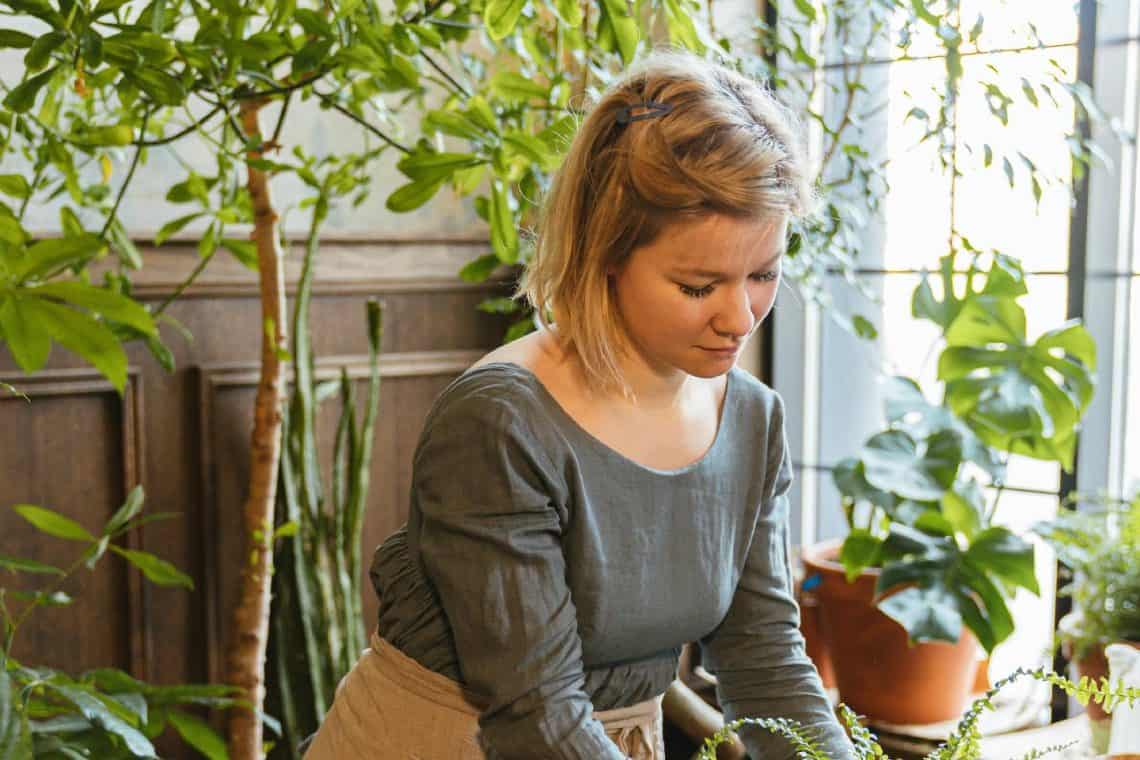In the bustling streets of Johannesburg and Cape Town, a quiet revolution is taking root. Young South Africans are increasingly filling their homes with lush houseplants rather than children. This shift is a response to economic pressures, evolving lifestyles, and growing awareness of mental health benefits. As October focuses on mental health, the nurturing routines associated with plant care offer a timely antidote to stress and uncertainty.
Similar patterns appear worldwide. In some countries, young adults channel parental instincts toward pets, while others embrace eco-living and indoor greenery as part of a broader cultural movement. This article explores why South African youth are opting for plants over children, highlighting a global pivot toward sustainable, low-commitment companionship.
The Rise of Plant Parenthood in South Africa
Meet Thandi, a 28-year-old graphic designer from Durban. Like many of her peers, she dreams of stability but faces the realities of South Africa’s economy. With youth unemployment rates hovering around 29%, starting a family feels like a distant luxury. Thandi’s apartment is a verdant oasis, home to over 20 houseplants—from resilient succulents to finicky fiddle-leaf figs. “Plants give me that sense of nurturing without the financial strain,” she shares. “Kids? Maybe someday, but right now, my monstera is my baby.”
This sentiment is echoed across the country. Millennials and Gen Z in South Africa are obsessing over houseplants, treating them like family members. Economic factors, including soaring living costs, student debt, and job insecurity, make parenthood unattainable for many. The pandemic amplified this trend, with social media platforms fueling houseplant sales and communities.
Urban living in compact apartments also encourages plant parenthood. Young professionals in cities like Pretoria find solace in bringing nature indoors, combating the isolation of city life. Online communities provide guidance on propagation and pest control, fostering a sense of belonging. As one Gen Z plant enthusiast from Soweto puts it, “In a world that’s so unpredictable, watching my pothos thrive gives me hope.”
Statistics confirm the trend: houseplant sales in South Africa have surged, led by millennials seeking affordable, low-maintenance companionship. These “plant-crazy generations” value the therapeutic aspects of gardening, turning balconies and windowsills into mini jungles amid economic turbulence.
Nurturing Mental Health Through Greenery
October, Mental Health Awareness Month, highlights how houseplant care routines support psychological well-being. With youth facing high stress from unemployment and social inequalities, plants offer a grounding practice.
Research shows interacting with houseplants reduces anxiety and depression. Watering, pruning, and repotting engage the senses, promoting mindfulness and distraction from daily worries. Studies find that “green prescriptions,” like indoor plants, improve mental health by fostering a connection to nature. For young South Africans, these routines provide structure, lowering stress hormones and enhancing mood.
Houseplants also purify air, boost cognitive function, and evoke accomplishment. Participants in studies report benefits including lower blood pressure and improved sleep. In urban settings with limited outdoor spaces, indoor greenery offers therapeutic touch and scent that combat insomnia and boost happiness.
Social media amplifies these benefits. Sharing plant progress online creates community support, aligning with mental health discussions. Experts note that simply being around plants can enhance physical and mental well-being, making plant parenthood a low-cost, self-care strategy.
Pets as Proxies for Parenthood
In some countries, young adults mirror South African trends but with pets instead of plants. Declining birth rates have led many to raise pets like children, with celebrations, premium care, and emotional attachment. Financial constraints, including student loans and housing costs, delay family planning, while pets provide companionship and emotional support.
Surveys show many childless young adults view their pets as children, preferring pet company over human offspring. This “fur-baby” phenomenon reflects a global shift where youth seek nurturing outlets without long-term commitments.
Eco-Living and Urban Green Trends
In urban centers worldwide, young generations embrace eco-living, with houseplants at the forefront. Consumers purchase greenery to enhance living spaces and mental well-being, supporting sustainability. Compact apartments encourage mini houseplants, and traditions like Feng Shui inform indoor plant placement for positive energy. Initiatives like composting and surplus food sharing integrate plants into daily life for mental and environmental benefits.
A Global Green Shift
From South Africa’s plant parenthood to international trends in pets and eco-living, young adults are reimagining companionship. Economic pressures and mental health challenges make plants and pets attractive alternatives to raising families. Embracing greenery offers affordable, rewarding, and sustainable ways to nurture both oneself and the environment.
